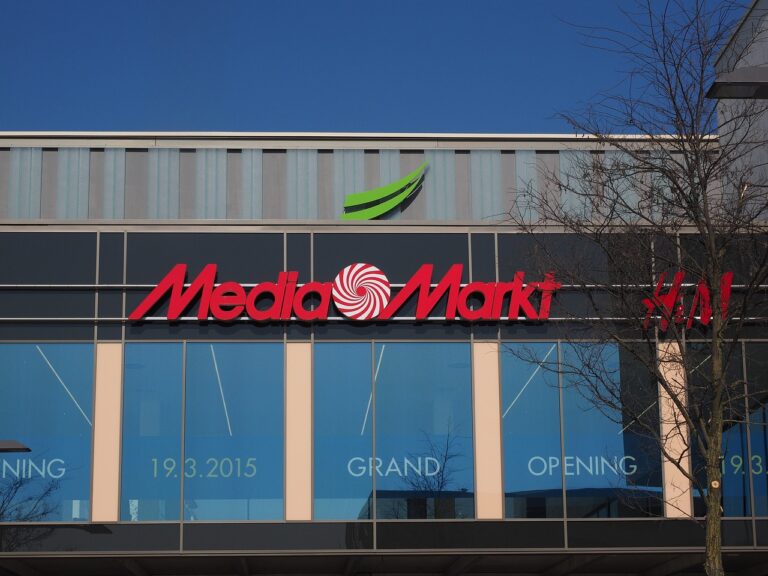Exploring Zero-Waste and Package-Free Food Retail Concepts
The rising popularity of zero-waste and package-free food retail concepts is largely attributed to their positive environmental impact. By eliminating single-use packaging and encouraging customers to bring their own containers, these stores help reduce waste and minimize the reliance on traditional plastic packaging. This not only benefits the planet by reducing pollution and landfill waste, but also educates consumers about sustainable living practices.
Moreover, zero-waste and package-free food retail concepts often promote healthier eating habits. By focusing on selling fresh, organic, and locally sourced products, these stores support a more nutritious and sustainable food system. Customers are more likely to choose whole foods over heavily processed items, leading to improved health outcomes and a greater connection to the origins of what they consume.
Challenges Faced by Zero-Waste and Package-Free Food Retail Concepts
One of the key challenges faced by zero-waste and package-free food retail concepts is the lack of awareness and understanding among consumers. Many shoppers are accustomed to the convenience of pre-packaged goods and may not be fully aware of the environmental impact of excess packaging. As a result, convincing customers to make the switch to package-free options can be an uphill battle for retailers operating in this space.
Moreover, another significant challenge for zero-waste and package-free food retail concepts is the logistical complexity of sourcing and storing products without packaging. Finding suppliers who share the same ethos of minimizing waste can be a time-consuming process, as can ensuring the proper handling and storage of bulk goods in-store. This challenge is further compounded by the need to maintain the quality and freshness of products while minimizing packaging, requiring retailers to strike a delicate balance between sustainability and practicality.
• Consumers may not fully understand the environmental impact of excess packaging
• Convincing customers to switch to package-free options can be difficult
• Sourcing and storing products without packaging is logistically complex
• Finding suppliers who share a zero-waste ethos can be time-consuming
• Proper handling and storage of bulk goods in-store adds another layer of complexity
• Balancing sustainability with maintaining product quality and freshness is challenging
Innovative Solutions for Zero-Waste and Package-Free Food Retail Concepts
Innovative solutions are crucial for the success of zero-waste and package-free food retail concepts. One effective approach is the use of bulk bins and dispensers that allow customers to bring their own containers and fill them with food items, reducing the need for single-use packaging. This not only cuts down on waste but also encourages a more sustainable shopping habit among consumers.
Furthermore, implementing a reusable packaging system can greatly contribute to the reduction of waste in food retail. By providing customers with durable and eco-friendly containers that can be returned and refilled with products, retailers can eliminate the need for disposable packaging altogether. This not only minimizes environmental impact but also promotes a more circular economy within the food retail sector.
What are the benefits of zero-waste and package-free food retail concepts?
Zero-waste and package-free food retail concepts help reduce environmental impact, minimize plastic waste, encourage sustainable practices, and promote healthier food choices.
What are some challenges faced by zero-waste and package-free food retail concepts?
Challenges include higher initial investment costs, sourcing sustainable packaging alternatives, educating consumers about zero-waste practices, and managing inventory without traditional packaging.
What are some innovative solutions for zero-waste and package-free food retail concepts?
Innovative solutions include bulk dispensers for grains, nuts, and other products, reusable containers for customers, packaging-free product lines, compostable packaging options, and implementing a deposit-return system for reusable containers.







